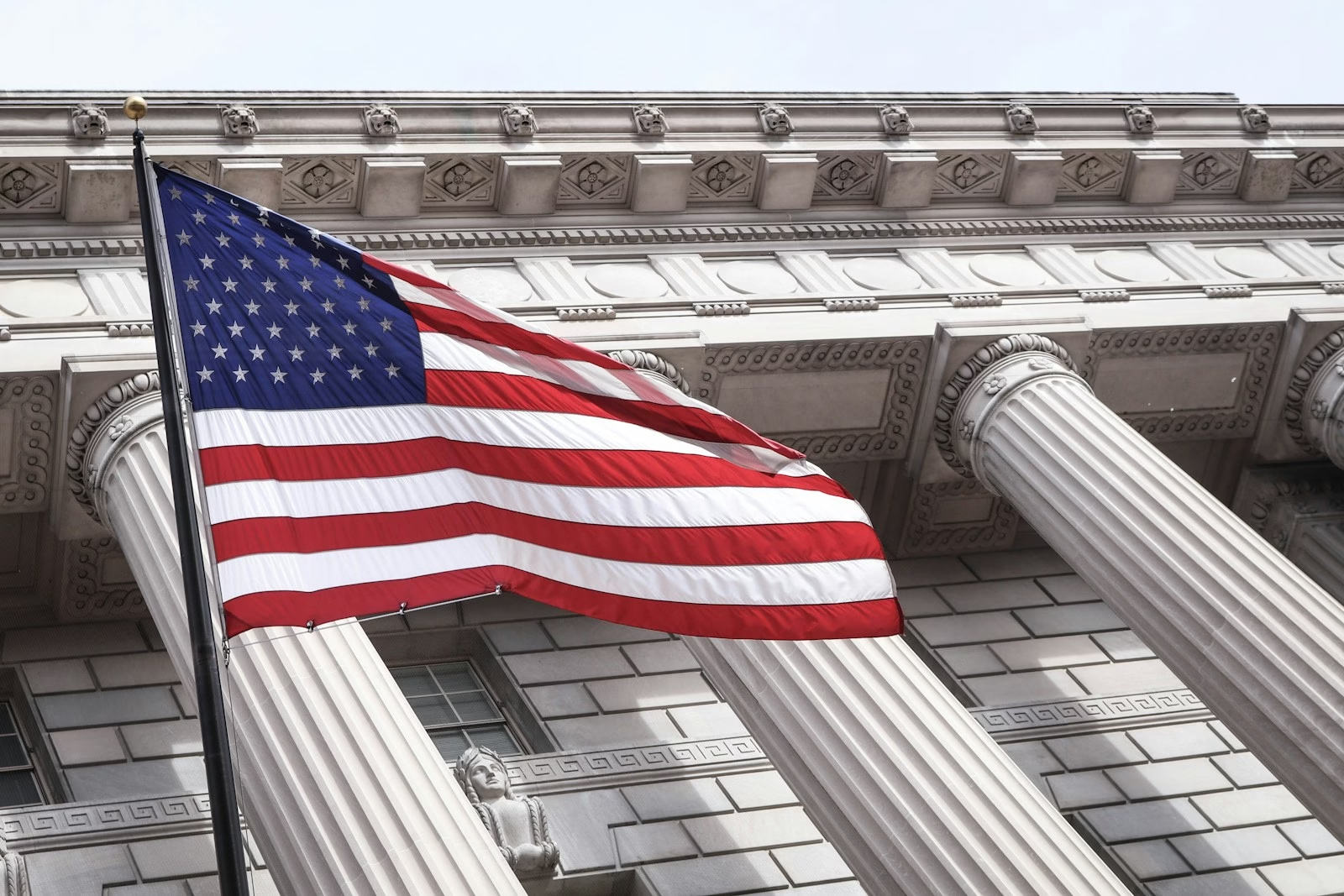Key takeaways:
- Anthony Kennedy warns that democracy is not guaranteed to survive.
- Two analysts argue his own Supreme Court decision fueled this crisis.
- They blame the Citizens United ruling for boosting corporate influence.
- Critics say Kennedy’s democracy warning ignores his role in the problem
Understanding Kennedy’s Democracy Warning
Former Supreme Court Justice Anthony Kennedy says democracy faces real danger. In his new memoir, he warns that open, respectful debate may vanish. He argues democracy needs honest voices and fair play. Otherwise, it risks collapsing. Kennedy calls this his democracy warning.
He told CBS News that true democracy hinges on thoughtful discussion. He said people must respect each other’s dignity, even in disagreement. If our conversations grow ugly or closed, he added, democracy as we know it will be threatened.
Why the Democracy Warning Matters
Kennedy’s democracy warning grabbed headlines immediately. For decades, he wrote landmark rulings that shaped many issues. His name appears on decisions about gay rights, voting, and free speech. Yet critics say he now warns of risks he once helped create.
Many people trust Kennedy’s judgment. His memoir charted his life and legal journey. When he issues a democracy warning, readers pause. They wonder if society will heed him, or ignore his plea.
Pushback on Kennedy’s Democracy Warning
However, two progressive analysts refused to adopt Kennedy’s caution. David Sirota and Veronica Riccobene published a sharp response the same day the memoir dropped. They accuse Kennedy of forgetting his own part in this crisis.
They point to the Citizens United ruling. In that 2010 decision, Kennedy wrote that corporate political donations do not corrupt elections or even seem to corrupt them. That ruling opened the floodgates for big money in politics. Ever since, corporations have given huge sums to PACs without restriction.
Sirota and Riccobene say the Citizens United case laid the groundwork for our current challenges. They add it gave corporations speech rights equal to humans. They call that idea a “legal fiction” that makes it harder to hold big donors accountable.
They argue that Kennedy’s democracy warning is like the viral hot-dog guy meme. In that meme, a vendor complains about a messy city while leaving his cart full of trash. Similarly, critics say Kennedy now decries a problem he once fueled.
Breaking Down the Dispute
First, Kennedy issues a democracy warning. Then, critics fire back. This exchange shows how complex democracy issues can become. Both sides claim moral high ground. Kennedy sees a crisis in civility and open debate. His critics see hypocrisy in his own legacy.
Moreover, this fight highlights a bigger debate over money in politics. Citizens United remains one of the most divisive Supreme Court rulings. Supporters argue it defends free speech. Opponents say it lets corporations drown out individual voices.
Kennedy’s memoir does not focus on money in politics. Instead, it highlights the need for respectful dialogue. He fears social media and partisan outlets are eroding our ability to talk reasonably. He also warns that judging others harshly kills trust in institutions.
On the other hand, Sirota and Riccobene insist the root cause lies in too much corporate influence. They see the democracy warning as incomplete without tackling funding issues first. For them, you cannot fix debate if money buys the loudest megaphones.
Lessons from the Exchange
This public pushback offers key lessons for anyone who cares about democracy. First, even respected figures can face criticism for past decisions. Second, warnings about civic decay can trigger debates about responsibility. Third, true reform needs honest self-reflection from all sides.
For example, if you want healthier public discussions, you might demand more transparency in campaign financing. You might also encourage schools to teach civil discourse. Furthermore, you could support media outlets that value facts over sensationalism.
It is vital to listen to multiple views. Kennedy’s democracy warning highlights civility as a core value. Critics remind us that money often drowns out voices. By weighing both points, citizens can push for balanced change.
Next Steps for Democracy
After this lively debate, where do we go next? Schools, community groups, and lawmakers can all play roles. Here are some practical steps:
- Teach debate skills and critical thinking in schools.
- Promote laws that require disclosure of political spending.
- Encourage social media platforms to reward respectful dialogue.
- Support local news outlets that cover issues in depth.
- Organize community town halls free of high-dollar donors.
By taking such steps, people can address both sides of this argument. They can heed Kennedy’s democracy warning while also tackling the power of money.
Conclusion
Anthony Kennedy’s democracy warning stirred fresh debate about our political future. His critics say he helped create the very crisis he now decries. On one side, Kennedy calls for more open, kind, and thoughtful conversations. On the other, Sirota and Riccobene insist we must first limit corporate money in politics.
Ultimately, the debate over Kennedy’s democracy warning shows democracy is never static. It evolves as we challenge old rules and propose new ones. By listening to each perspective, citizens can work toward a healthier system. If we learn from both the warning and its critics, we can build a democracy that lasts.
FAQs
What exactly is Kennedy’s democracy warning?
Anthony Kennedy warns that democracy may fail if people cannot hold open, respectful debates. He fears polarized talk undermines our system.
Why do analysts criticize Kennedy’s stance?
They claim Kennedy’s Citizens United decision amplified corporate political spending. They argue this money hurts fair public discussion.
How did Citizens United change elections?
The ruling allowed corporations and unions to make unlimited political donations to PACs. This increased the role of big money in campaigns.
Can democracy survive heavy corporate influence?
Many believe stronger rules on campaign spending and more transparency can balance corporate power. Others think deeper civic education will help too.
